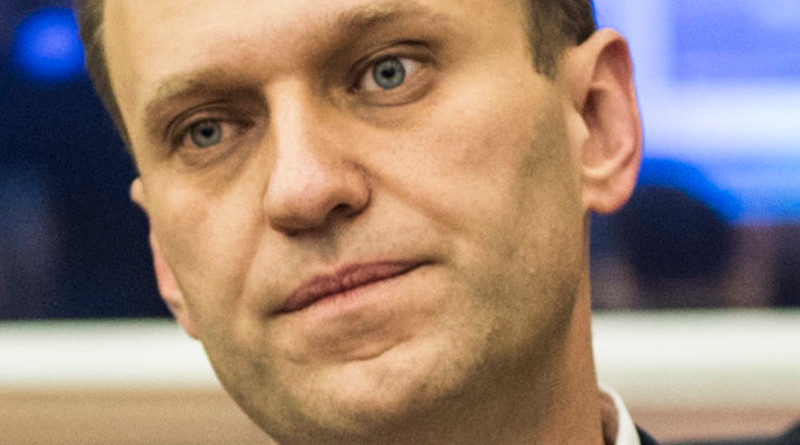After Killing Navalny, Who Is Next? – OpEd
By Paul Goble
The murder of Aleksey Navalny, Vladimir Pastukhov says, represents the end of one act of Putin’s “’reactionary revolution,’” in which the Kremlin leader is pursuing “the utopian goal of turning Russian and, if possible, all world history, back,” and the likely beginning of another.
“If this hypothesis is correct,” the London-based Russian analyst say, “then, the further course of events will be determined to a greater extent by the internal logic of the development of the revolution … than by the logic of the external (‘imperialist’) war” (t.me/v_pastukhov/92 reposted at kasparov.ru/material.php?id=65D4BD563D200§ion_id=50A6C962A3D7C).
In some respects, Pastukhov continues, “the murder of Navalny represents ‘the ceiling’ of this revolution.” In the short term, the general thrus may slow down slightly and “possibility but not necessarily,” his efforts to achieve his goal “will go downhill.” At the same time, however, “the intensity of events including of course terror will go up.”
Because of this conjunction, he says, many may not understand that the revolution has passed into a new phase and that in that phase, the Kremlin’s targets will change fro”They m real and imagined opponents to those who are now the most rabid of its supporters, enthusiasts who do not understand that they are now a problem as Stalinists were to Stalin in 1937.
Pastukhov says he doesn’t know what will be the triggering event of this transformation but that he has “little doubt that the next major event in the evolution of the regime after Navalny’s murder will be the weeding out of the ‘Russian world’ enthusiasts, those who today shout excitedly but don’t understand.”
They are likely going to be Putin’s next targets, the London-based Russian analyst says, adding that he “hopes they will go to the punishment cells with Putin’s name on their lips …”

